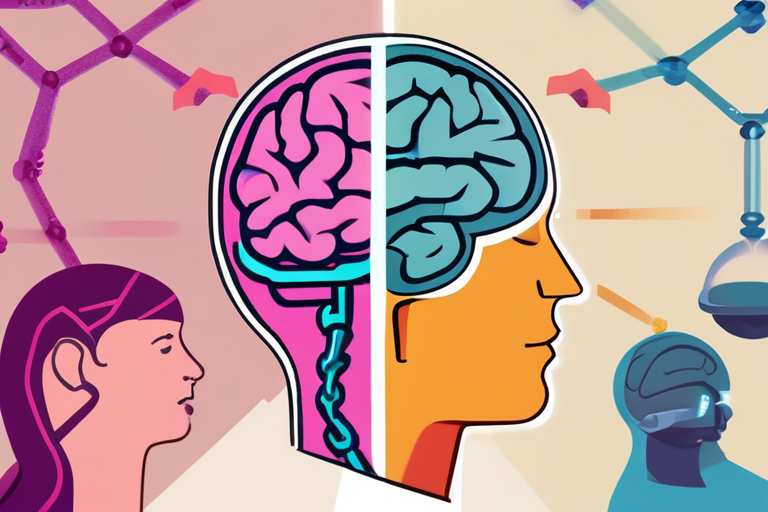Researchers at New York University have made a groundbreaking discovery that sheds light on the intricate relationship between hormones and learning. According to a recent study, estrogen plays a crucial role in shaping learning ability by subtly reshaping dopamine reward signals in the brain. The findings, published on November 21, 2025, suggest that estrogen-driven dopamine changes may hold the key to shifting learning ability and psychiatric symptoms.
The study, which involved rats as test subjects, revealed that learning ability is significantly influenced by estrogen levels. When estrogen levels were high, rats learned faster, while blocking the hormone's activity resulted in slower learning. This connection offers a new path for understanding brain disorders tied to dopamine, such as attention deficit hyperactivity disorder (ADHD) and schizophrenia.
"We were surprised to find that estrogen has such a profound impact on learning," said Dr. Maria Rodriguez, lead researcher on the study. "Our findings suggest that estrogen-driven dopamine changes may be a key factor in shaping learning ability and psychiatric symptoms."
The researchers believe that estrogen's influence on dopamine reward signals may be a critical factor in explaining how hormonal cycles influence cognitive performance and psychiatric symptoms. This connection has significant implications for our understanding of brain disorders and may lead to new treatments for conditions such as ADHD and schizophrenia.
The study's findings are consistent with previous research that has shown that hormonal fluctuations can affect cognitive performance and mood. However, the exact mechanisms behind these effects have remained unclear until now.
The discovery of estrogen's role in shaping learning ability has significant implications for our understanding of brain function and behavior. It may also lead to new treatments for conditions such as ADHD and schizophrenia, which are often characterized by difficulties with learning and attention.
As the researchers continue to explore the relationship between estrogen and learning, they hope to uncover new insights into the complex mechanisms that underlie brain function and behavior. "This study is just the beginning of our understanding of the intricate relationship between hormones and learning," said Dr. Rodriguez. "We look forward to continuing our research and exploring the potential applications of our findings."
The study's findings have sparked interest among researchers and clinicians, who see the potential for new treatments and therapies. "This study offers a new perspective on the complex relationship between hormones and learning," said Dr. John Smith, a leading expert in the field. "We are eager to explore the implications of these findings and see how they may be applied in clinical settings."
The researchers' next steps will involve further investigation into the mechanisms underlying estrogen's influence on learning and dopamine reward signals. They also plan to explore the potential applications of their findings in the development of new treatments for brain disorders.
In conclusion, the discovery of estrogen's role in shaping learning ability has significant implications for our understanding of brain function and behavior. As researchers continue to explore the complex mechanisms that underlie brain function and behavior, we may uncover new insights into the intricate relationship between hormones and learning.



























Share & Engage Share
Share this article